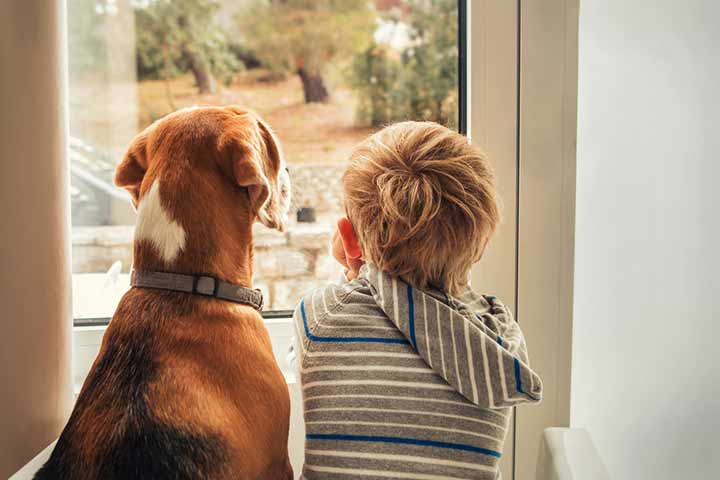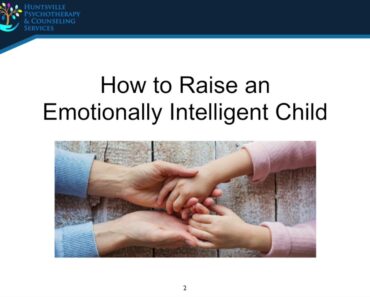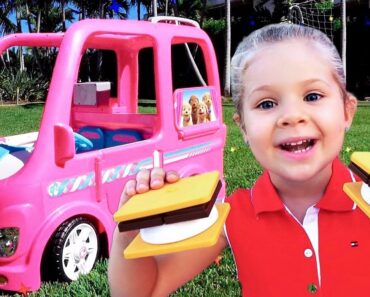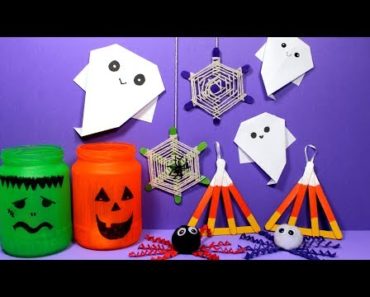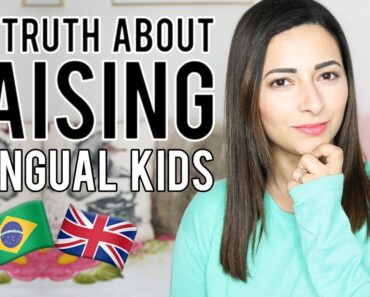Image: Shutterstock
Parenting is a full-time responsibility. But there would be days when you would need to attend to some urgent work or run a quick errand and may not be able to take your child along.
What do you do in such a situation, and is it okay to leave them alone at home? No matter how important a task, leaving children alone at home can be pretty risky. In some states, it is illegal to leave a child, under a certain age, alone without adult supervision.
If you often ask yourself the question, “At what age can kids stay home alone?” read on as we get into the details.
At What Age Can Kids Stay Home Alone?
The American Academy of Child and Adolescent Psychiatry estimates that over 40% of children are left alone at home at some time, although rarely overnight. For some children who are not ready, being alone at home can be a terrifying experience (1).
Every child is unique and matures differently. Thus, many states do not recognize a specific age when a child can be left alone at home. However, to make parenting simpler, three states in the US have specified the minimum age requirement above which a child can be left alone at home (2).
- Maryland: Eight years old
- Oregon: Ten years old
- Illinois: 14 years old
A few states in the US have child protection laws that mention “failing to provide adequate supervision of a child” as a case of child neglect. Meanwhile, other states consider leaving a child without supervision at an inappropriate age or under unacceptable circumstances that can cause harm as child neglect. Some states even offer specific guidelines under which a child can be left alone at home.
Let’s suppose you are a native of Maryland, and your child is eight years old. Legally, you are allowed to leave your child alone at home. But should you leave your child alone at home? You might want to answer the following questions before making a decision.
- Is your child comfortable being alone at home?
- Is your child physically and mentally able to look after themselves?
- Is your child obedient and seldom gets into trouble?
- Does your child follow all instructions and rules without being reminded about them?
- Is your child well-aware of their surroundings and can handle unexpected situations? (Eg: the arrival of a guest unannounced)
- Does your child always follow their routine?
- Is your neighborhood safe for children?
- Is your house equipped with an alarm system? Does your child know how to use it?
- Do you have any family or friends who can reach your child in case of an emergency?
The law makes provisions to ensure convenience for parents who juggle multiple responsibilities while looking after their child. However, the final decision of leaving your child at home will always remain with you. Irrespective of your child’s age, if your answer to all of the above questions is a “yes,” and if you are confident of your child, you can leave them alone for a specific period.
How Long Can Kids Be Left Alone At Home?
The answer again is subjective and depends upon several factors mentioned above. If you have answered with a “yes” to all the questions given above, you may consider leaving your child alone for the following duration.
Children aged eight to ten years: Leave them alone only during the day and for an hour or 90 minutes maximum. Try to leave them with either books or games that will occupy them in your short absence.
Children aged 11 and 12 years: Preteens can be left alone for a relatively longer period but not too long. You can leave them alone at home during the day or early evening for around three hours, not more.
Early teens aged 13 and 14 years: They can be left alone at home even in the evening but not late at night.
Mid-teen aged 15 to 17 years: They can be left alone at home overnight and even multiple nights on their own but with regular checks through phone calls or even through a relative or friend.
Safety Tips To Follow When Leaving A Child Home Alone
Regardless of their age, a child is vulnerable without adult supervision. They need to be taught how to be cautious and deal with unexpected situations. Here are some safety guidelines to follow when leaving your child alone at home.
- Ensure your child knows their full name, home address, and parents’ phone numbers.
- Give them a list of emergency numbers that they can dial in case of an emergency. The list must include the numbers of your friends and family who can reach your child quickly if you are stuck somewhere.
- Set some safety rules regarding what the child should do when someone rings the doorbell or how long they should spend watching the television, and so on.
- Allow them to watch the television only after you have activated the parental filter on it.
- Show them how the door locks work and instruct them not to open the door to strangers in your absence. Also, instruct them not to let other people know that they are alone at home.
- Strictly warn them not to use the gas stove or oven.
- Discuss what they can do in case of an emergency, such as power outages, bad weather, and so on.
- Show them where the first-aid kit is kept and teach them the basics of first aid treatment.
- If your child is alone at home after school, ask them to call you as soon as they get home. You can also call them at a scheduled time to ensure they are at home.
- Childproof your home by keeping alcohol, prescription medicines, and flammable items out of their reach or locked in a cabinet. Also, check that the smoke alarms function properly.
Leaving a child alone at home is often a tricky situation for parents. If you are often out of the house and find it challenging to manage your schedule with your child’s schedule, opt for a reliable child care program offered by private companies, schools, or churches. You can also hire a professional nanny or caretaker if you feel you may be away from your child for an extended period.
References:
Recommended Articles:
